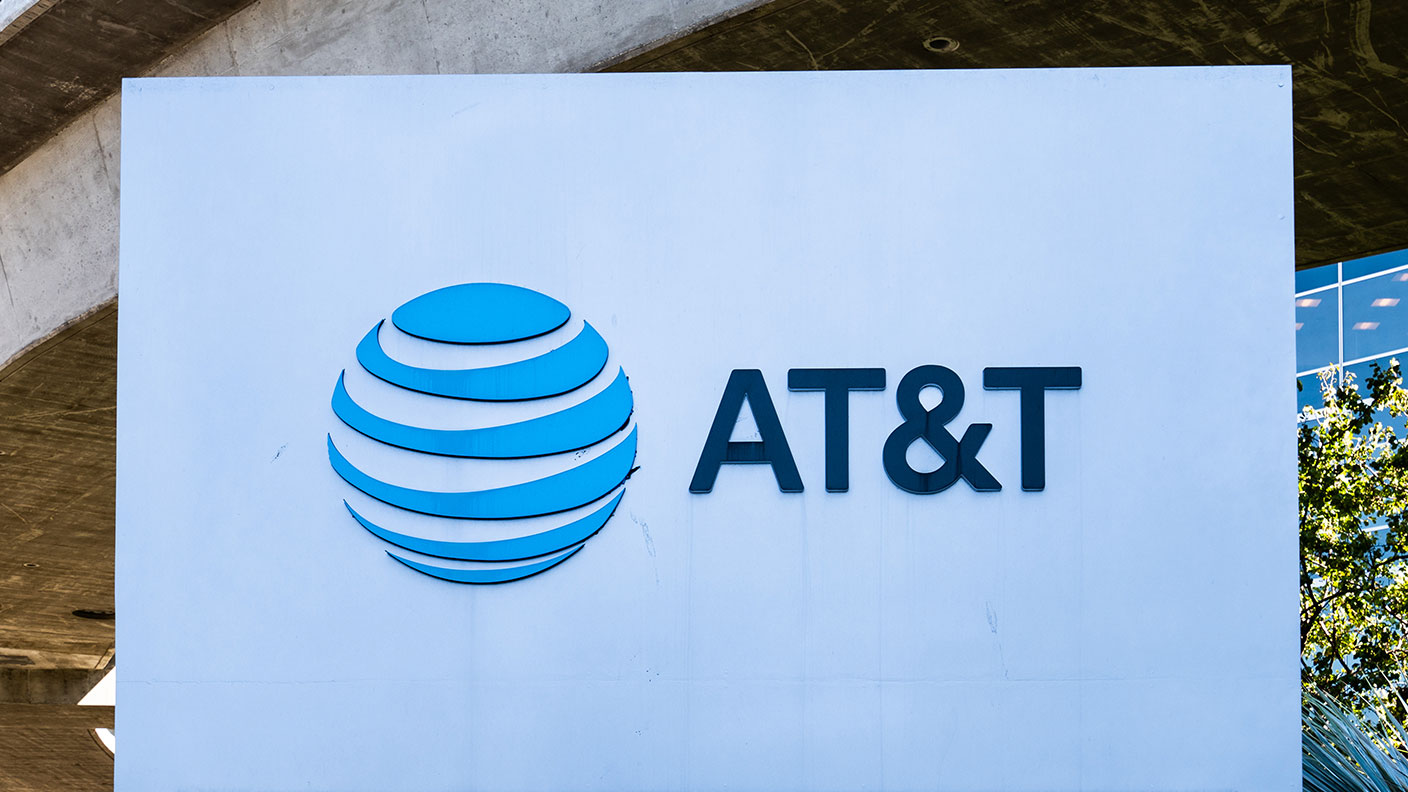20 November 1974: the US government launches an antitrust suit against AT&T
On this day in 1974, the US government launch an antitrust suit against AT&T to break its stranglehold on the American telephone network.


Get the latest financial news, insights and expert analysis from our award-winning MoneyWeek team, to help you understand what really matters when it comes to your finances.
You are now subscribed
Your newsletter sign-up was successful
Want to add more newsletters?
The American Telephone and Telegraph Company (AT&T) was set up in 1885 to create a private national telephone service in the US. Rapid growth, plus its acquisition of all major rivals, gave AT&T a monopoly over long-distance telephone calls. It also controlled many local phone companies.
As a result, in 1913, regulators launched an antitrust (competition) suit. To avoid breakup or intervention, AT&T settled out of court. The Kingsbury Commitment saw AT&T continue in return for allowing local firms to connect to the national network.
While the deal slowed AT&T's expansion, it did not stop it. By the 1920s, AT&T had bought out all but three of the independent firms. By 1934, the government gave up trying to introduce competition, and imposed direct price regulation via the Federal Communications Commission.
Try 6 free issues of MoneyWeek today
Get unparalleled financial insight, analysis and expert opinion you can profit from.

Sign up to Money Morning
Don't miss the latest investment and personal finances news, market analysis, plus money-saving tips with our free twice-daily newsletter
Don't miss the latest investment and personal finances news, market analysis, plus money-saving tips with our free twice-daily newsletter
However, the agreement started to break down in the late 1960s. A number of rival firms, who tried to take advantage of the agreement allowing them to connect to the national network, were either refused service or quoted artificially high prices.
So in 1974, the government launched another antitrust suit, seeking to break up AT&T. AT&T argued that its monopoly allowed consumers to take advantage of economies of scale. The long-running dispute wasn't settled until 1984. AT&T sold all its local services, which split into seven companies ("Baby Bells") and retained its national service and various subsidiaries.
AT&T was bought by South Western Bell Corp (one of its "Baby Bells") for $16bn in 2005. The merged firm, still known as AT&T, today has a market cap of $200bn.
Get the latest financial news, insights and expert analysis from our award-winning MoneyWeek team, to help you understand what really matters when it comes to your finances.

-
 The rare books which are selling for thousands
The rare books which are selling for thousandsRare books have been given a boost by the film Wuthering Heights. So how much are they really selling for?
-
 Pensions vs savings accounts: which is better for building wealth?
Pensions vs savings accounts: which is better for building wealth?Savings accounts with inflation-beating interest rates are a safe place to grow your money, but could you get bigger gains by putting your cash into a pension?
-
 31 August 1957: the Federation of Malaya declares independence from the UK
31 August 1957: the Federation of Malaya declares independence from the UKFeatures On this day in 1957, after ten years of preparation, the Federation of Malaya became an independent nation.
-
 13 April 1960: the first satellite navigation system is launched
13 April 1960: the first satellite navigation system is launchedFeatures On this day in 1960, Nasa sent the Transit 1B satellite into orbit to provide positioning for the US Navy’s fleet of Polaris ballistic missile submarines.
-
 9 April 1838: National Gallery opens in Trafalgar Square
9 April 1838: National Gallery opens in Trafalgar SquareFeatures On this day in 1838, William Wilkins’ new National Gallery building in Trafalgar Square opened to the public.
-
3 March 1962: British Antarctic Territory is created
Features On this day in 1962, Britain formed the British Antarctic Territory administered from the Falkland Islands.
-
10 March 2000: the dotcom bubble peaks
Features Tech mania fanned by the dawning of the internet age inflated the dotcom bubble to maximum extent, on this day in 2000.
-
9 March 1776: Adam Smith publishes 'The Wealth of Nations'
Features On this day in 1776, Adam Smith, the “father of modern economics”, published his hugely influential book The Wealth of Nations.
-
 8 March 1817: the New York Stock Exchange is formed
8 March 1817: the New York Stock Exchange is formedFeatures On this day in 1817, a group of brokers moved out of a New York coffee house to form what would become the biggest stock exchange in the world.
-
7 March 1969: Queen Elizabeth II officially opens the Victoria Line
Features On this day in 1969, Queen Elizabeth II took only her second trip on the tube to officially open the underground’s newest line – the Victoria Line.